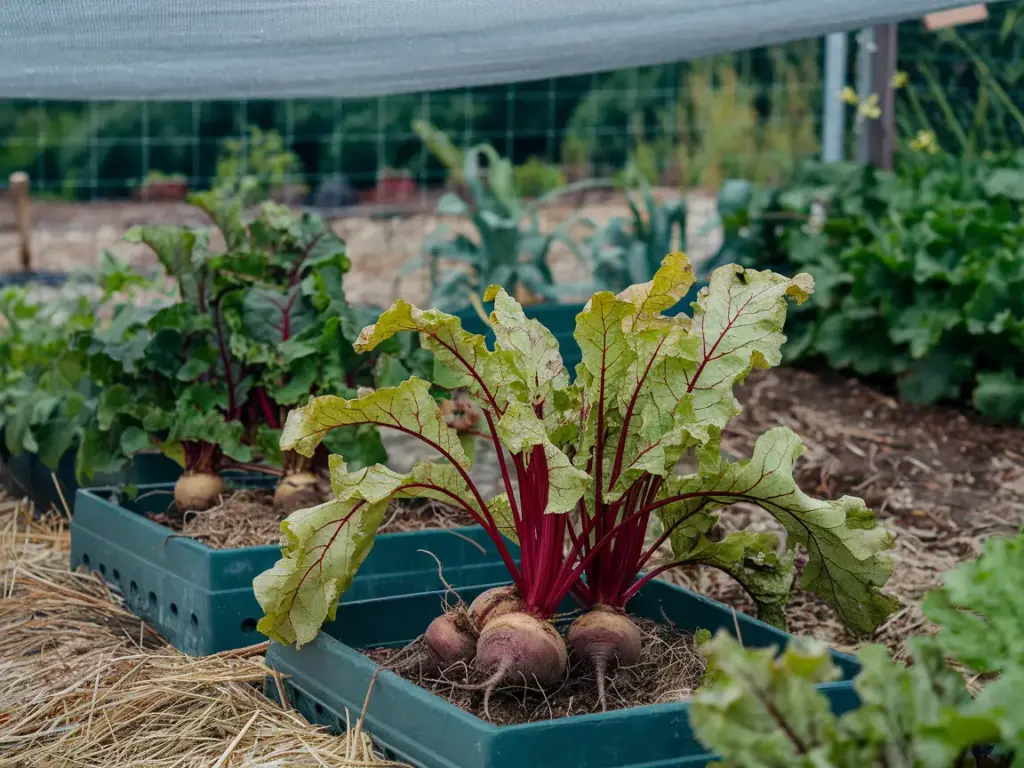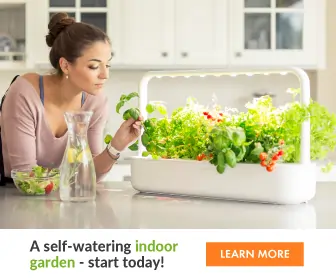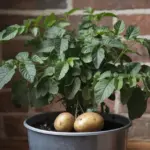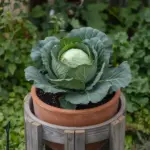Expert Solutions to Common Problems

Let me tell you something – after growing beets in containers for over 15 years, I’ve seen pretty much every problem you can imagine! But here’s the good news: most common beet growing issues have surprisingly simple solutions. Let me share some game-changing fixes I’ve discovered through years of trial and error.
The Yellow Leaf Solution
You know that sinking feeling when you spot yellowing leaves on your beet plants? Been there! The first time it happened to me, I nearly pulled up my entire container garden in frustration. But here’s the instant fix that changed everything: a foliar spray combining epsom salts and liquid seaweed. Mix 1 tablespoon of epsom salts with 2 tablespoons of liquid seaweed in a gallon of water, and spray those yellowing leaves in the early morning.
The reason this works so well? Most yellowing in beet leaves is actually caused by a magnesium deficiency, not nitrogen as many people think. I’ve seen leaves green up within 48 hours using this method!
Preventing the Dreaded Bolt
Nothing’s worse than watching your beets bolt before they’ve formed decent roots. The professional method I swear by involves two key steps. First, maintain consistent soil temperatures using a 2-inch layer of straw mulch. Second – and this is the game-changer – provide afternoon shade when temperatures exceed 75°F using a simple shade cloth suspended 12 inches above the containers.
The Root Development Secret
Here’s a professional hack that revolutionized my beet growing: the “deep water soak” method. Instead of frequent shallow watering, I water deeply just twice a week, allowing the water to reach the bottom of the container. This forces the roots to grow deeper, resulting in bigger, better-formed beets.
Organic Pest Control That Actually Works
After losing countless beet crops to leaf miners, I discovered this organic farming secret: a combination of neem oil and diatomaceous earth. But here’s the crucial part – timing is everything. Apply the neem oil spray at dusk (never during the day), and sprinkle diatomaceous earth around the base of the plants after every rain.
Emergency Rescue Protocol
When your beet plants are really struggling, here’s my tried-and-true rescue method. I call it the “72-hour turnaround” protocol:
- First 24 hours: Remove all damaged leaves and apply a balanced organic liquid fertilizer at half strength
- Next 24 hours: Apply the epsom salt/seaweed spray mentioned earlier
- Final 24 hours: Add a layer of worm castings around each plant
I’ve saved countless beet plants using this method, even ones that looked completely hopeless!
Ready to learn the professional secrets for harvesting the biggest, juiciest beets from your containers? Click the next button below to discover my time-tested harvesting techniques, including the exact moment to pull your beets for maximum sweetness and the storage method that keeps them fresh for months! Trust me, you won’t want to miss these game-changing harvest tips.









GIPHY App Key not set. Please check settings